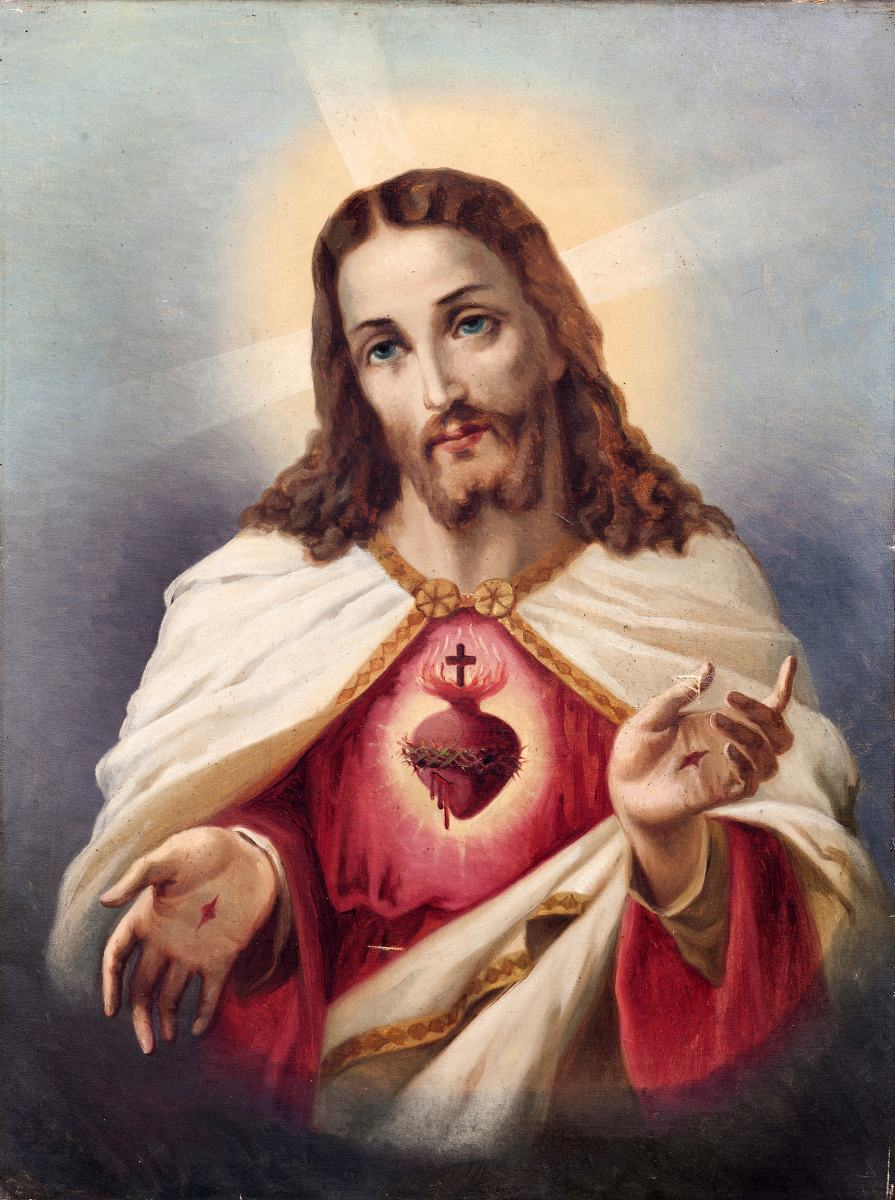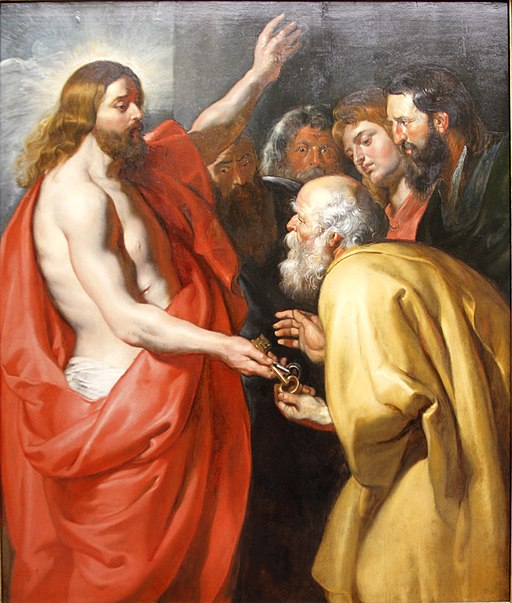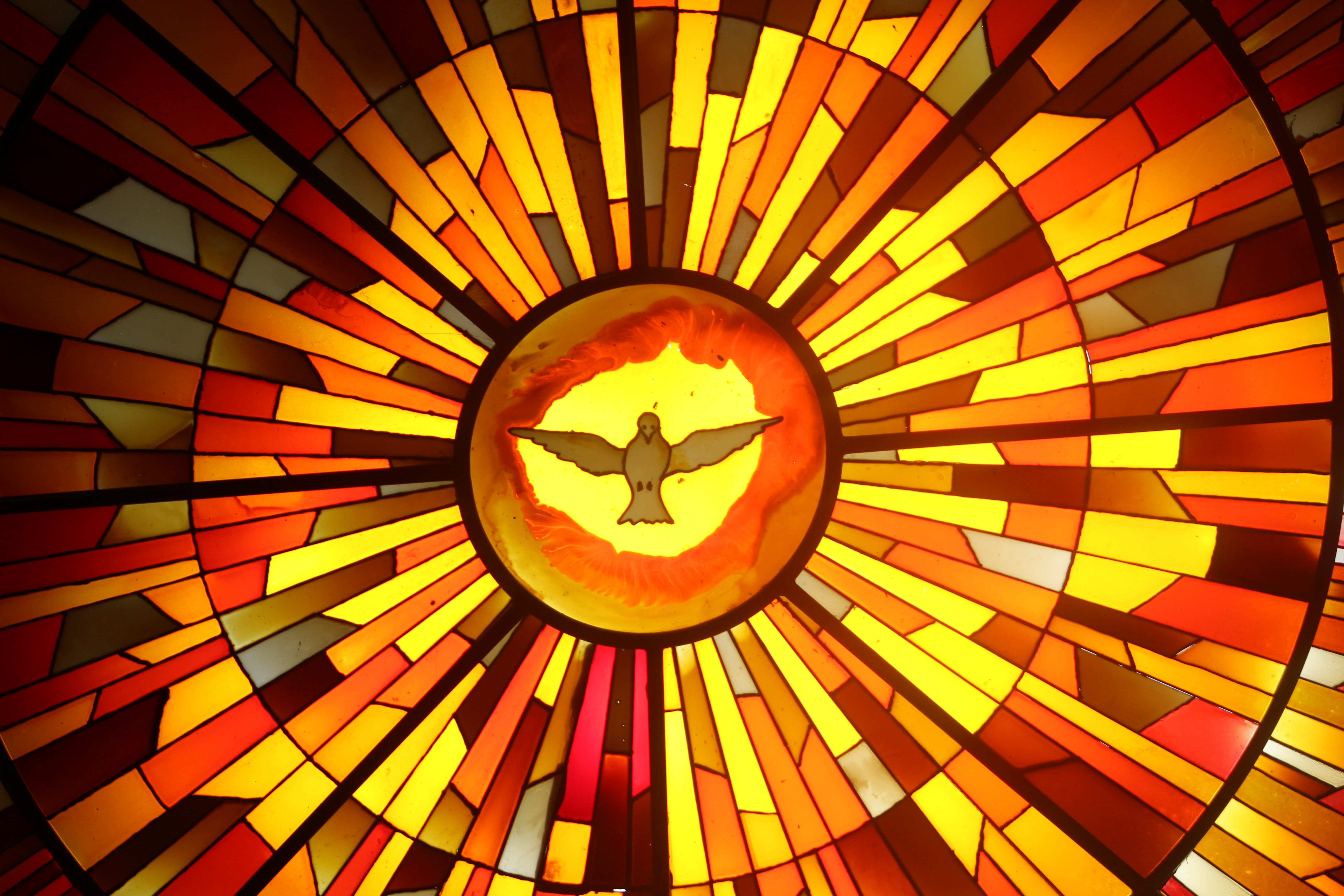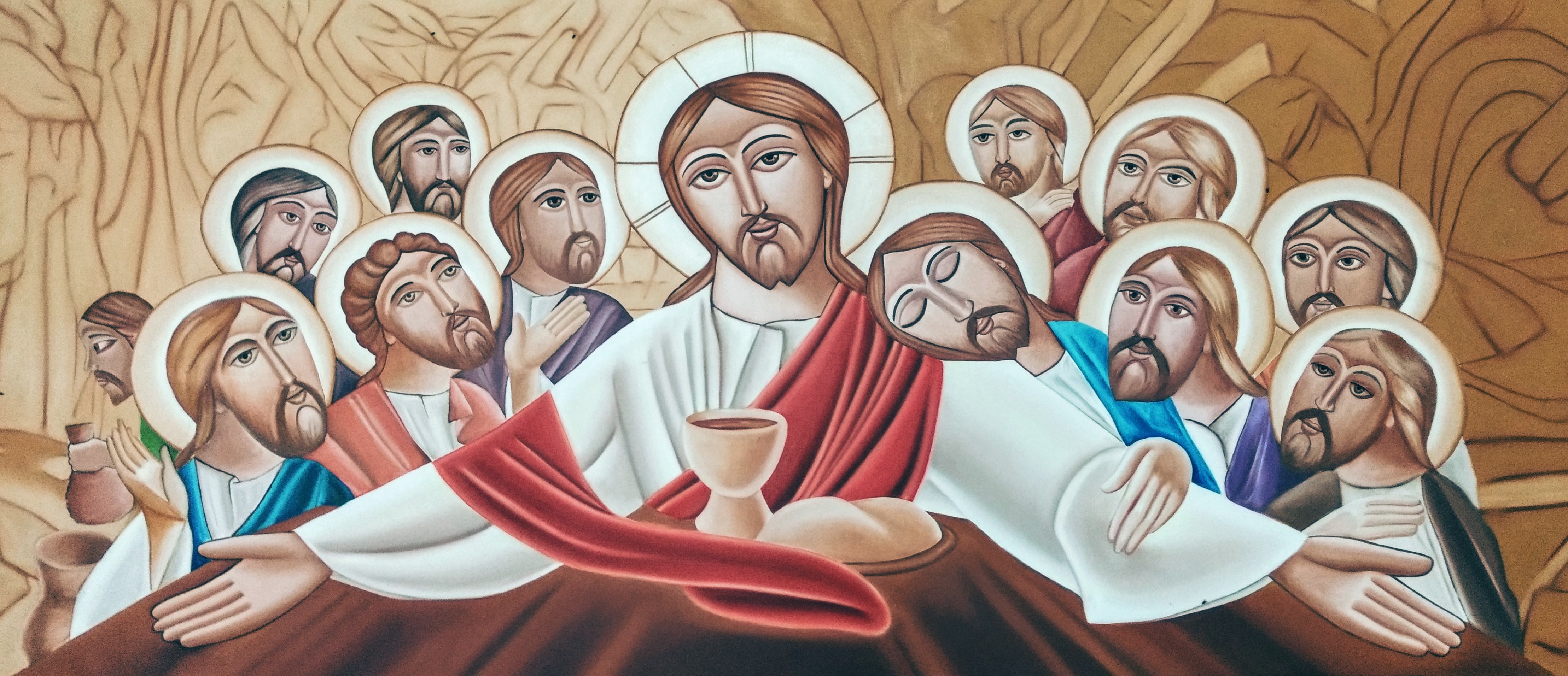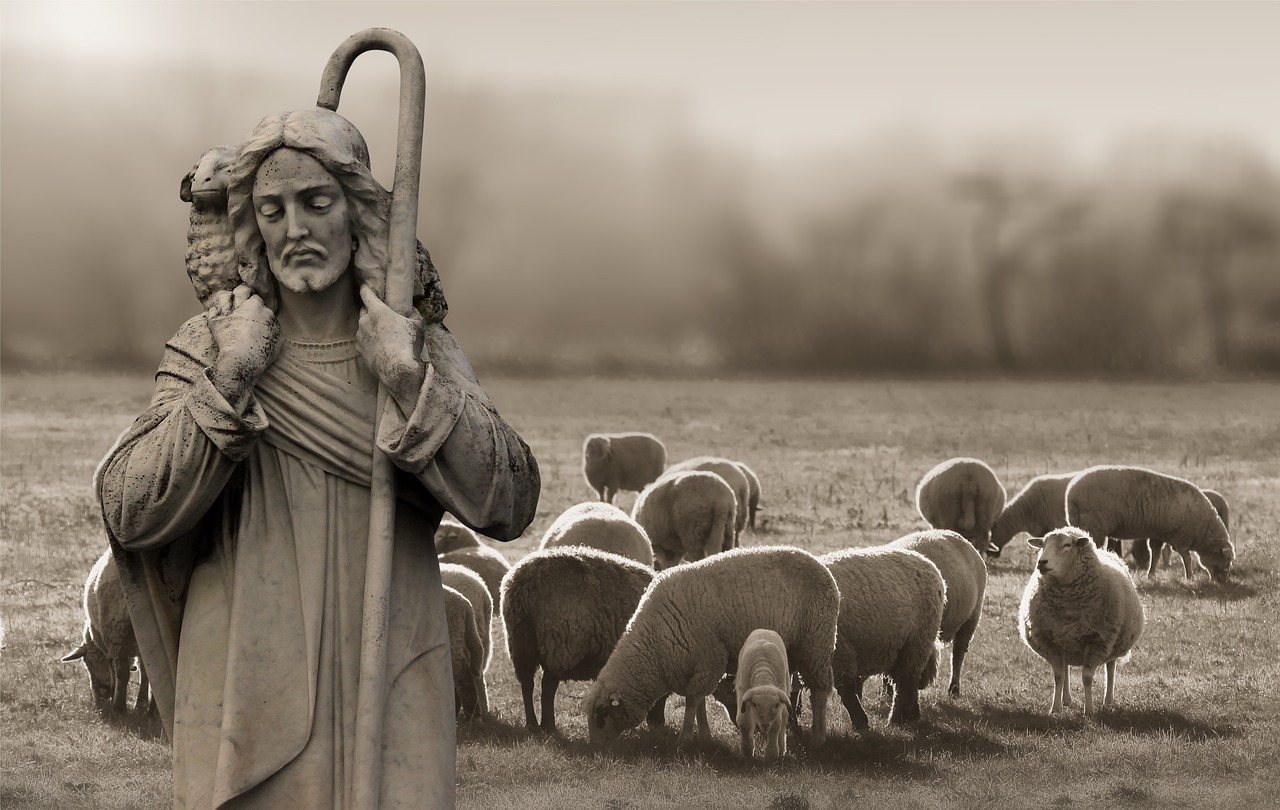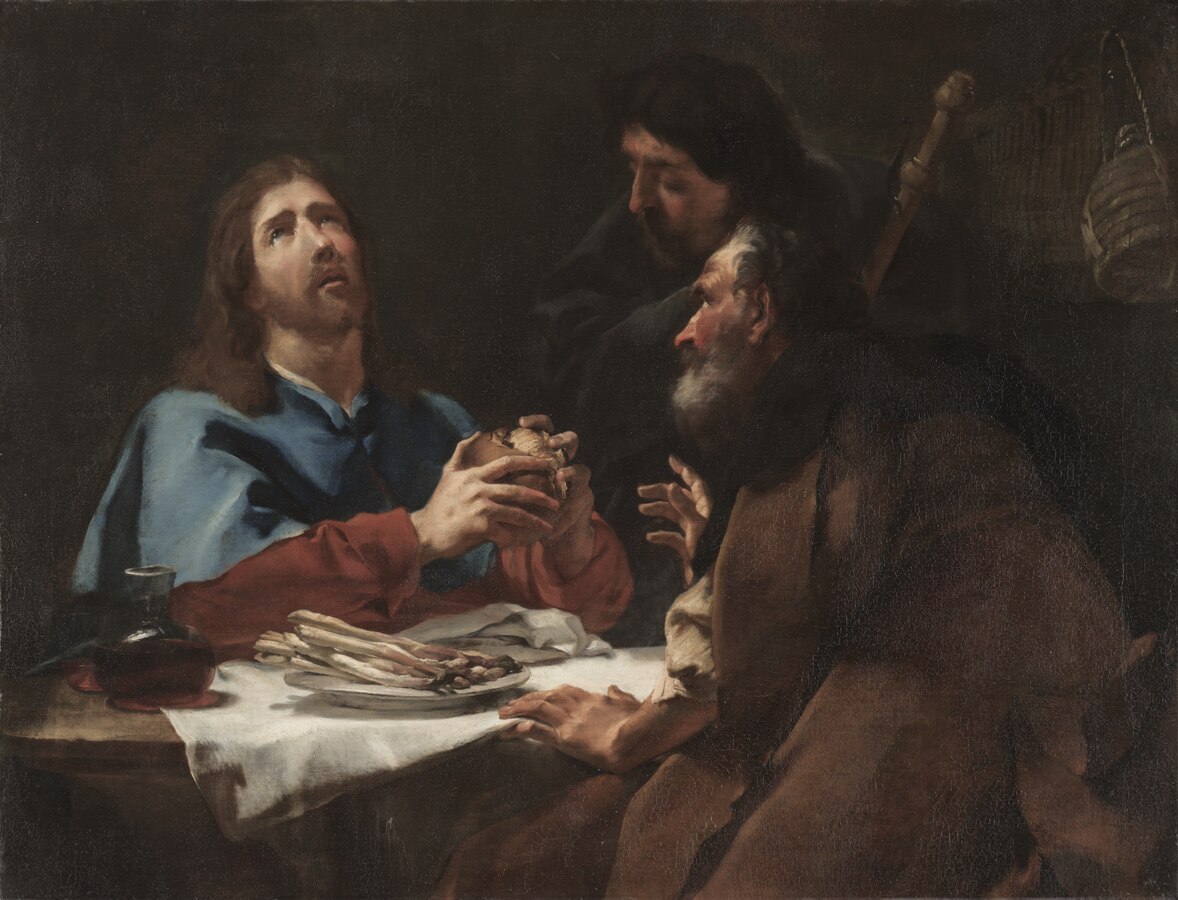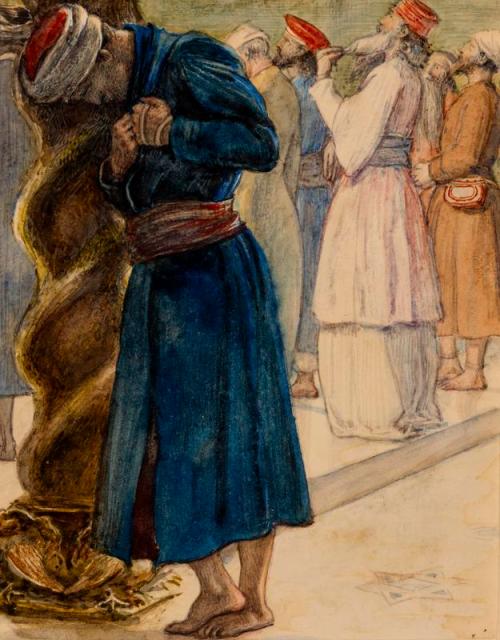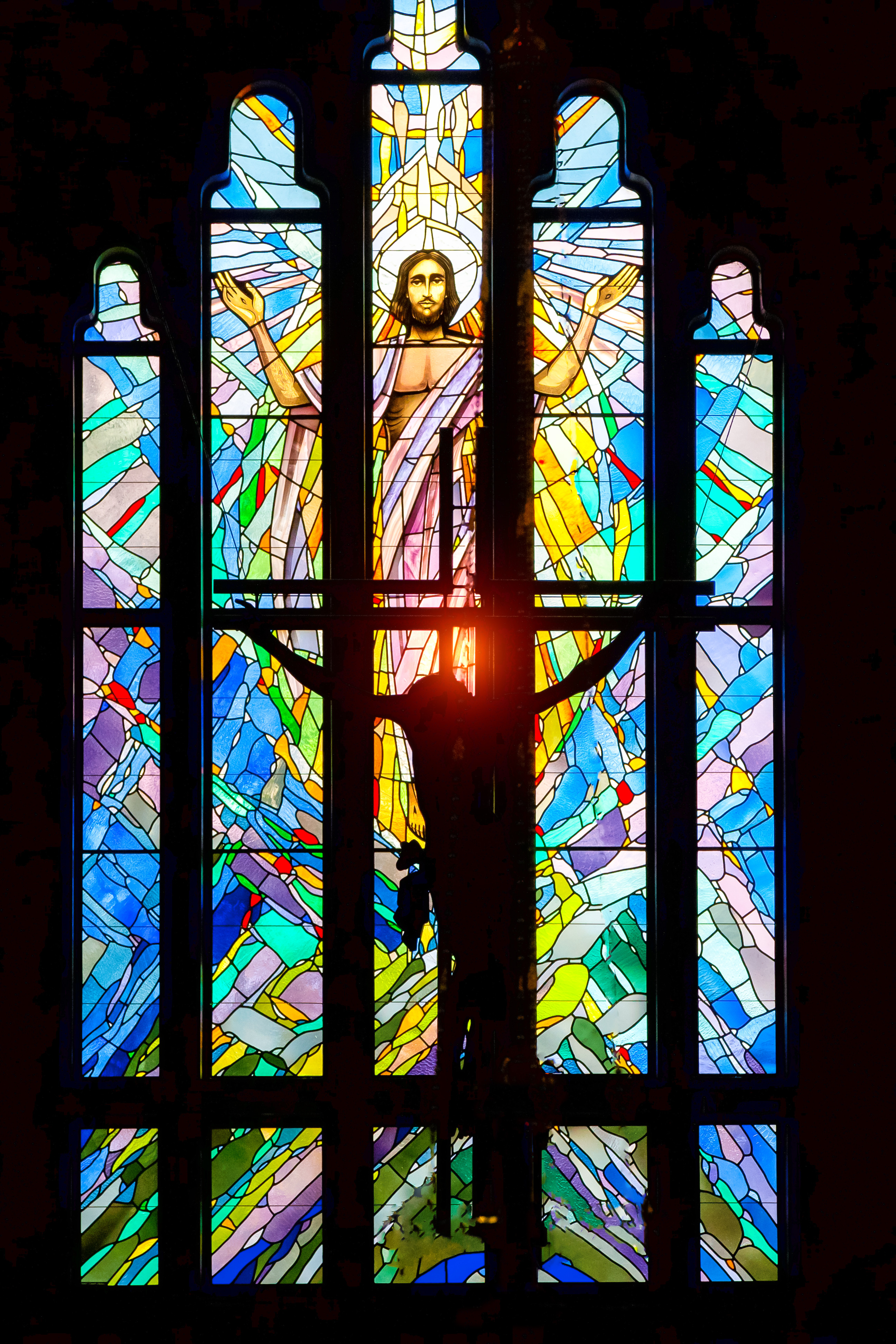“Come to me.” The words of a lover. Powerless words. Vulnerable words. The one who says them must wait upon the response of the one to whom they are addressed. “Will you come to me?” The loved one must answer “yes” or “no”. If they answer “yes” then the love of Jesus has triumphed and Jesus can open his heart completely to pour out the fullness of the life he shares with the Father. If the answer is “no” and the love is refused then the gift of love has met with a tragic end.
Ultimately, the Father and the Son’s invitation to the world, inviting each person into their eternal loving and living and giving is, in fact, limited only by human refusal. As soon as we say our “Yes” to Jesus, we discover that the pressures that weigh on us from both the world and our own selves begin to fade away. We are let in on the “secret,” so to speak, of the mystery Jesus came to reveal to us.
We begin to see how we receive all from the Father, every last thing that we are and have and accomplish. In Jesus we see the way to live in relation to the Father: in blessing and thanksgiving, in worship and wonder. We make the astounding discovery that the world truly has no power over us when we make our home in God.
Jesus invites you today and every day, in situations of joy and in pain, in laughter and in tears, in circumstances that demand outstanding courage and those that require a humble peace, “Come to me!” Jesus stands at the door of our hearts as a beggar, but—oh!—how much joy fills his heart when we reach out our hand to take his, to go with him wherever he leads.
“Ven a mí.” Son las palabras impotentes y vulnerables de un amante. Quien las dice tiene que esperar la respuesta de aquel a quien van dirigidas. “¿Vendrás a mi?” El ser querido debe responder “sí” o “no”. Si responde “sí”, entonces el amor de Jesús ha triunfado y Jesús puede abrir su corazón completamente para derramar la plenitud de la vida que comparte con el Padre. Si la respuesta es “no” y se rechaza el amor, entonces el regalo del amor ha llegado a un final trágico.
En última instancia, la invitación del Padre y del Hijo al mundo, invitando a cada persona a amar, vivir y dar eternamente, está, de hecho, limitada únicamente por el rechazo humano. Tan pronto como damos nuestro “sí” a Jesús, descubrimos que las presiones que pesan sobre nosotros, tanto del mundo como de nosotros mismos, comienzan a desvanecerse. Se nos deja entrar en el “secreto”, por así decirlo, del misterio que Jesús vino a revelarnos.
Empezamos a ver cómo recibimos todo del Padre, hasta la última cosa que somos, tenemos y realizamos. En Jesús vemos la forma de vivir en relación con el Padre: en bendición y acción de gracias, en adoración y asombro. Hacemos el sorprendente descubrimiento de que el mundo realmente no tiene poder sobre nosotros cuando hacemos nuestro hogar en Dios.
Jesús te invita hoy y todos los días, en situaciones de alegría y de dolor, en la risa y en el llanto, en circunstancias que exigen una valentía excepcional y aquellas que requieren una paz humilde, “¡Ven a mí!” Jesús está a la puerta de nuestro corazón como un mendigo, pero ¡oh, cuánta alegría llena su corazón cuando extendemos nuestra mano para tomar la suya! para ir con él adondequiera que nos lleve.

Sr. Kathryn James Hermes, FSP, is an author and offers online evangelization as well as spiritual formation for people on their journey of spiritual transformation and inner healing. Website: www.touchingthesunrise.com My Books: https://touchingthesunrise.com/books/
Public Facebook Group: https://www.facebook.com/groups/srkathrynhermes/ HeartWork Spiritual Formation Group: https://touchingthesunrise.com/heartwork/
Feature Image Credit: Leiloeira São Domingos, commons.wikimedia.org/wiki/File:Sagrado_Cora%C3%A7%C3%A3o_de_Jesus_-_escola_portuguesa,_s%C3%A9culo_XIX.png
